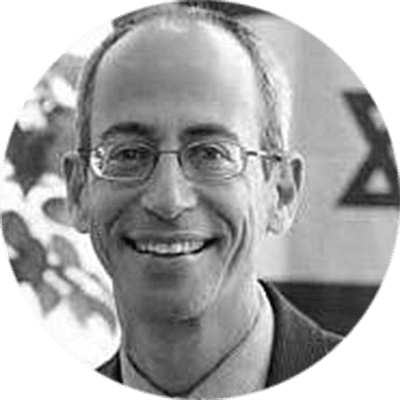Summertime Advice for Leaders Entering New Positions: Build An Entry Plan
Before I assumed a new headship a few years ago, I was given some excellent advice that can apply to any leadership position in a school: to read a modest-sized booklet entitled “Entry Plan Approach: How to Start a Leadership Position Successfully.” What I found most helpful was that the authors, Barry Jentz with Joan Wofford, recommend that my chances of success would increase if I were to “hit the ground learning” instead of “hitting the ground running.”
They note that most of us are inclined to think we are expected to arrive at a new leadership position equipped with answers and solutions and thereby prove to the board or the administration how wise they were in selecting their new leader. Instead, they advise us to draft an entry plan that focuses on understanding the context, building relationships, meeting the people, and not immediately rushing to solve their problems.
I remember that in the months between accepting the headship and officially starting, I asked the board chair to help me design an entry plan. I wanted to know whom I should meet beyond the traditional “meet and greet.” Which teachers, staff, department heads, students, parents, educators from feeder schools, rabbis, board members, or community leaders should I block off time to meet, and in what order? I learned so much in the process.
Barry Jentz and Jerome Murphy outline the importance of constructing an entry plan in two Phi Delta Kappan articles, one from January 2005 and one from June 2005. They write:
They explain that a new leader should put a moratorium on change, a moratorium whose length might vary depending on the leadership position, in order to manage expectations. This way, stakeholders don’t believe that a leader’s desire to listen implies an automatic commitment to implement. After all, stakeholders have multiple hopes and dreams that may be mutually exclusive and, quite frankly, baffling. We should embrace the contradictions and the confusion.
Jentz and Murphy write that the goal is to “help administrators use confusion as a starting point for transformational learning and improved decision making….[O]ne of the most liberating truths of leadership is that confusion is not quicksand from which to escape, but the potter’s clay of leadership – the very stuff with which leaders work to achieve success in a complex and rapidly changing environment.”
The entry plan is built on a foundation of curiosity where the new leader tries to find out what stakeholders really believe about the school. What do department heads believe students know, value, and do by the time they complete the curriculum? What do parents think students gain from the educational program in general? What are the school’s strengths? What do community members believe is the importance of the institution? What is the language that stakeholders use to describe themselves? How does professional development take place in the school? Where are the axes of power? What do teachers really care about? What do they hope their new principal or division head will do and achieve? What are some of the challenges that the school faces that were not necessarily shared during the interview process?
I made a point to convey what I learned in writing and in public meetings. I wanted everyone to understand the different, and often conflicting, aspirations that existed within the community. I began to embrace the confusion and then brought what I learned to the attention of two kitchen cabinets, a talented administrative leadership team, and a dedicated executive committee of the board. They helped me make sense of what I learned. They helped me transform what I learned into a meaningful, achievable action plan. They helped me start off on the right foot upon entry.


